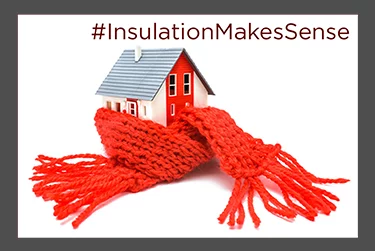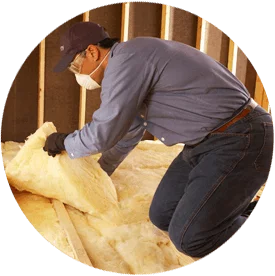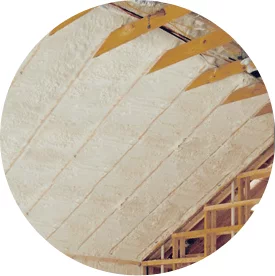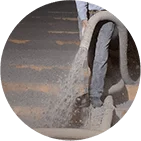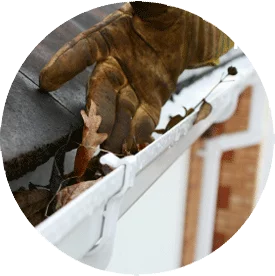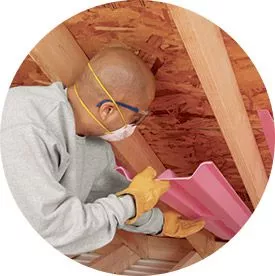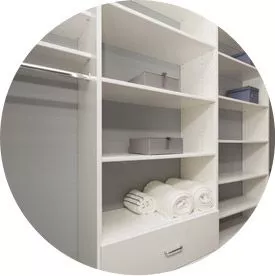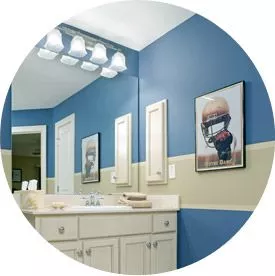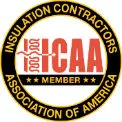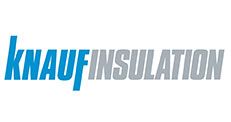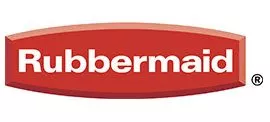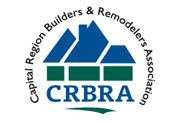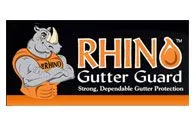Also referred to as band joists, rim joists make up the perimeter of wood-framed homes and their subfloors.
For older homes, it’s important to ensure your rim joists are adequately insulated so you have enough thermal protection. Many homeowners in Albany live in older properties, increasing the likelihood that your home needs stronger rim joist insulation.
In this blog post, the professionals at Builders Installed Products Albany share some key insights about rim joist insulation, why it’s important, which materials are best to use and which to avoid when installing rim joist insulation.
Why Do Rim Joists Need Insulation?
In many older homes, rim joists are either nonexistent or poorly insulated, which can pose problems for your energy efficiency and indoor comfort.
When a rim joist remains uninsulated or insufficiently insulated, sheathing is the only thing acting as a thermal barrier for your property. Rim joist insulation is also required by most modern building codes, meaning your property could violate a building code without it.
Since rim joists are above grade, it makes sense why these components need to be insulated — especially in colder climates. Here in Albany, we’re in climate zone 5, so rim joists should be insulated with a minimum of R-20 insulation.
What’s the Best Insulation To Use for Rim Joists?
When it comes to rim joist insulation, two main types are most used in older homes. These include:
Spray Foam Insulation
Spray foam insulation is an excellent choice as it fills every space, creating an airtight barrier between your indoor environment and the outside world.
Pros:
- Moisture-resistant: Spray foam insulation won’t retain water, ensuring your rim joists remain free of mold and mildew growth.
- Pest-resistant: Rodents and other pests aren’t attracted to spray foam as a food source, keeping them away from your rim joists.
- Airtight barrier: Say goodbye to unwanted drafts near your floorboards thanks to the airtight seal created by spray foam insulation.
Cons:
- Slight odor: Certain types of spray foam insulation may produce a slight odor when installed, which may irritate some homeowners.
- Higher cost: Compared to other types of insulation, spray foam insulation typically costs more to install.
Foam Board Insulation
Foam board insulation comprises rigid panels created from either polystyrene, polyisocyanurate or polyurethane, providing a protective barrier for your rim joists.
Pros:
- Water-resistant: Some types of foam board insulation have water-resistant properties, helping prevent mildew growth around rim joists.
- Lower cost: Compared to the cost of spray foam insulation, foam board insulation materials are usually less expensive to install.
Cons:
- Draft potential: Sheets must be custom-fitted to the rim joist area and taped to prevent airflow, meaning there’s a higher potential for floorboard drafts.
- Degradation risk: Polyisocyanurate foam board insulation, in particular, can become less effective over time, especially in prolonged colder temperatures.
Why You Shouldn’t Use Fiberglass for Rim Joist Insulation
While builders used to insulate rim joists using fiberglass batts, this has been abandoned for several reasons. First, fiberglass batts are air-permeable, meaning they don’t keep warm indoor air from getting to your rim joists.
In colder climates like Albany, condensation or frost buildup can accumulate on the interior-facing side of your rim joists, which can rot these essential components over time.
Fiberglass insulation around your rim joists also doesn’t offer enough protection against air leaks. That’s why most builders now prefer spray foam insulation around rim joists — especially in older properties that are more prone to drafts and require an airtight seal.
Protect Your Rim Joists With New Spray Foam or Rigid Board Insulation
Have an older home with drafts near the floorboards? Builders Installed Products Albany is here to help bring stronger insulation capabilities to your property.
With our spray foam insulation solutions, we’ll protect your rim joists while providing a stronger thermal barrier between your indoor space and the outdoor elements.
Contact our team at 518-650-1100 to request spray foam insulation installation in Albany today.


